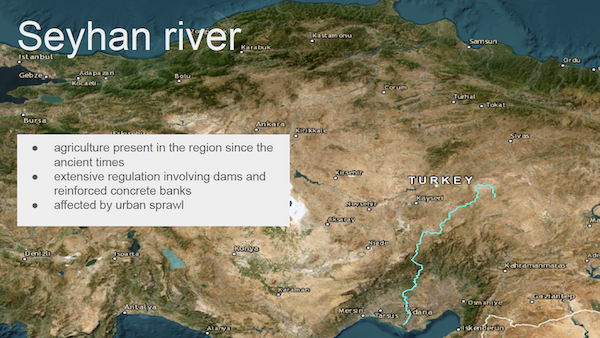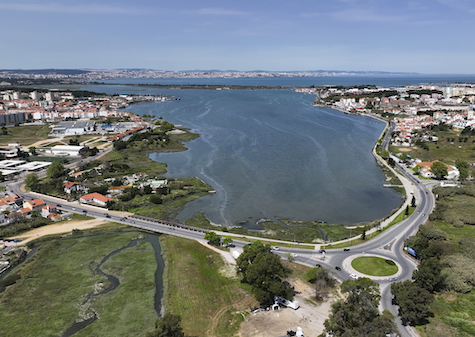Insights from our Associated Regions
- primozskrt6
- Dec 18, 2024
- 2 min read
Updated: Feb 20, 2025
by: Adrian Stanica, GeoEcoMar.

One of the main roles of the DANUBE4all project as one of the first of its kind for the Danube – Black Sea Lighthouse of the Mission Oceans is to come with solutions to complex environmental problems that are encountered in the Danube River Basin but also in other river-sea systems worldwide. And how to best propagate the knowledge gathered and the lessons learned other than by promoting a set of multipliers, areas where the concepts developed in the project are to be discussed and tailored to local or regional specific needs.
The Associated Regions of DANUBE4all play a vital role in this effort. These are our testing sites where we can prove that the critical environmental challenges existing in river-sea systems globally can and should be dealt with by sharing interdisciplinary and international expertise.
The involvement of the Associated Regions has been planned from the very start of the project. DANUBE4all experts in the fields of Engineering, Earth, Physical and Life sciences, as well as in social sciences and economics have been working not only to promote the better solutions for the Danube River Basin, its ecosystems and its inhabitants, but also to transfer their know-how to other areas, where new lessons are also to be learned and, where possible, dealt with.
Associated regions are our testing sites where we can prove that the critical environmental challenges existing in river-sea systems globally can and should be dealt with by sharing interdisciplinary and international expertise.
Challenges arising from the DANUBE4all Associated Regions are complex and regard numerous types of ecological problems that can be encountered in river-sea systems around the Globe. The DANUBE4all scientific community and their stakeholders must learn how to deal with the effects of hydrological extremes (Poland), how to improve water quality (Czech Republic), how to successfully reconnect clogged water bodies to the wider hydrographic basin (Moldova), how to plan development in a way that allows the rivers to live without rigid constraints (Turkyie) and to the constant request of comprehensive monitoring hydrographic basins including their estuaries (Portugal).
The last 12 months have witnessed the selection of the Associated Regions and start of interactions within the problem in order to define better and in a more detailed manner the ecological problems, whilst discussions have also started in order to see how to best bring people together to provide specific actions.


























